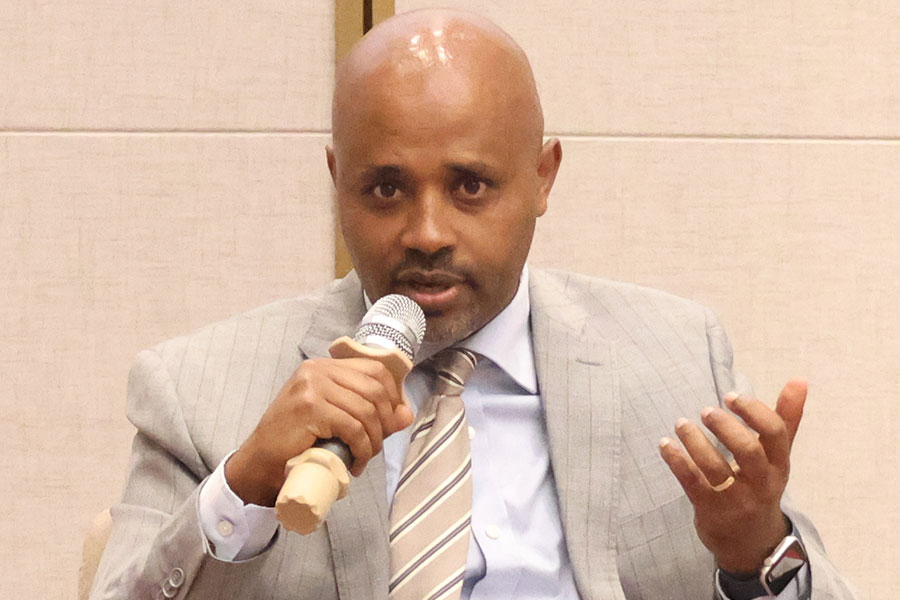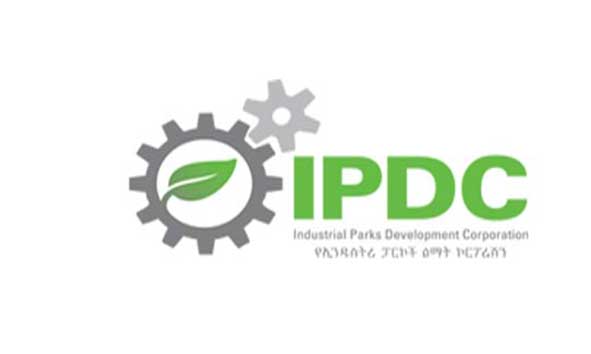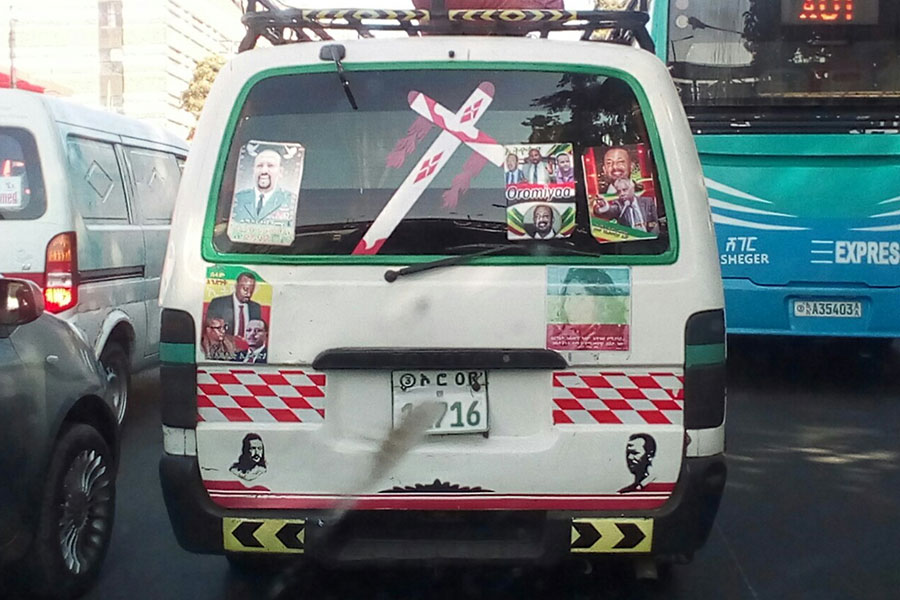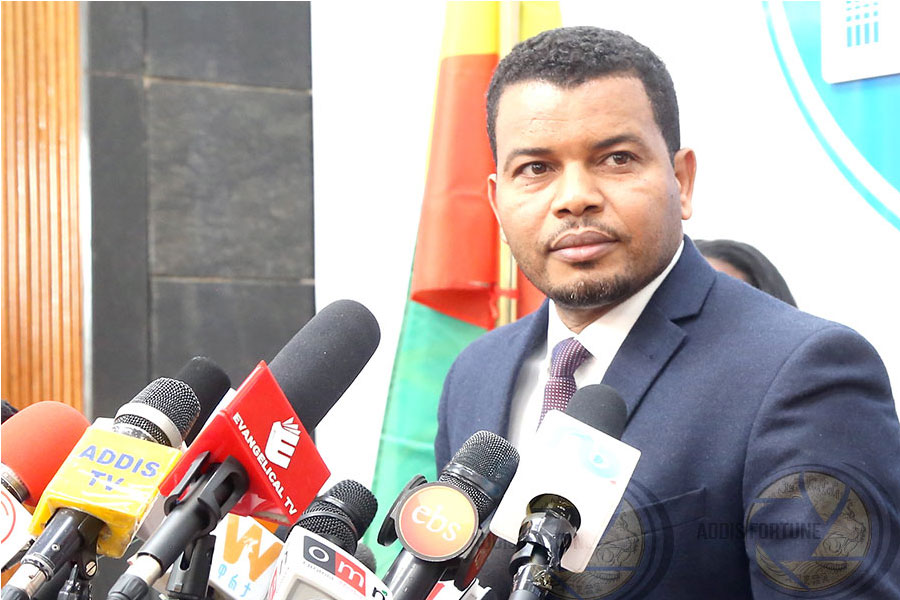
Verbatim | Oct 05,2024
The city bus company is to acquire 100 low-entry buses, spending close to 20 million dollars through loans obtained from the World Bank.
Low-entry buses are vehicles with a floor closer to the ground, making them convenient to board, particularly for the elderly and physically challenged commuters.
The Addis Abeba City Roads Authority (AACRA) floated the international bid last week, inviting both domestic and international suppliers, on behalf of the Anbessa City Bus Enterprise, one of the oldest public companies.
Under the city administration, the company runs a fleet size of 650 buses, serving an estimated 650,000 commuters daily. Anbessa has previously been sourcing buses from the Bishoftu Automotive Engineering Industry (BAEI), established in 1999 under the former Metals & Engineering Corporation (MetEC), now Power Engineering Corporation (PEC), which registered a turnover of over one billion Birr last year. Bishoftu Automotive had received its last order from Anbessa two years ago for 191 low-entry buses, 180 of which are currently operating.
The bidding requirement, however, is too stringent for domestic companies to bid. They will have to show an annual turnover of 20 million dollars and a record of half a decade without registering losses in the automotive industry. Expected to have a minimum of seven years of experience in low-entry manufacturing, it is only Bishoftu that can meet the requirement among domestic assemblers. CEO of Bishoftu, Negesse Chane, declined to comment, for a decision has not been made on whether to participate.
Local assemblers are encouraged to apply if they meet the requirements, according to an official close to the matter.
The bid was floated after a team of experts from the City Roads Authority, Anbessa Bus, and the Planning & Development Commission, and others, carried out a six-month feasibility study. Two companies have responded, buying bid documents priced at 4,000 Br apiece, sources disclosed.
The buses the Enterprise hopes to get will have a 40-seat capacity, three more seats than those in its fleet.
"We hope the new buses will ease services for the elderly and the disabled," said Behailu Gebreyesus, a project implementation manager of the World Bank's Transport System Improvement Project.
The project Behailu manages is part of a 300 million dollar program launched in 2016, with the ambition to improve mobility along selected corridors in Addis Abeba and the effectiveness of road safety compliance systems.
"The procurement process may take up to a year," Behailu told Fortune.
The Enterprise is under pressure to serve surging demand from a growing population. There are 125 routes it covers, in addition to the two public enterprises, Sheger and Public Transport. Sheger serves over 229,000 passengers daily with 289 buses, and the Public Transport Enterprise caters for over 60,000 passengers with a fleet of 254 buses.
The unavailability of spare parts during servicing of the buses remains the major issue for these companies as 50 of the buses under the Anbessa City Bus are parked idle for lack of parts. Skilled and experienced labour should also be given attention, according to Murad Kebebe, an automotive expert and host of the Automotive Journal radio show on Ahadu Radio.
"Buses that come from reputable companies abroad have quality," said Murad. "But, servicing them requires skill, and that could prove difficult to come by."
The Transport System Improvement Project under the World Bank incorporates a separate bid for the procurement of workshop maintenance machinery. Bidders are expected to have an annual turnover of 15 million dollars to participate in this tender.
PUBLISHED ON
Jun 26,2021 [ VOL
22 , NO
1104]

Verbatim | Oct 05,2024

Radar | Mar 02,2024

Fortune News | Aug 31,2019

Radar | May 06,2023

Radar | Dec 19,2021

View From Arada | Jan 05,2019

Radar | Aug 10,2019

Radar | Oct 12,2019

Fortune News | Mar 23,2019

Radar | Feb 20,2021

Dec 22 , 2024 . By TIZITA SHEWAFERAW
Charged with transforming colossal state-owned enterprises into modern and competitiv...

Aug 18 , 2024 . By AKSAH ITALO
Although predictable Yonas Zerihun's job in the ride-hailing service is not immune to...

Jul 28 , 2024 . By TIZITA SHEWAFERAW
Unhabitual, perhaps too many, Samuel Gebreyohannes, 38, used to occasionally enjoy a couple of beers at breakfast. However, he recently swit...

Jul 13 , 2024 . By AKSAH ITALO
Investors who rely on tractors, trucks, and field vehicles for commuting, transporting commodities, and f...

Jul 5 , 2025
Six years ago, Ethiopia was the darling of international liberal commentators. A year...

Jun 28 , 2025
Meseret Damtie, the assertive auditor general, has never been shy about naming names...

Jun 21 , 2025
A well-worn adage says, “Budget is not destiny, but it is direction.” Examining t...

Jun 14 , 2025
Yet again, the Horn of Africa is bracing for trouble. A region already frayed by wars...